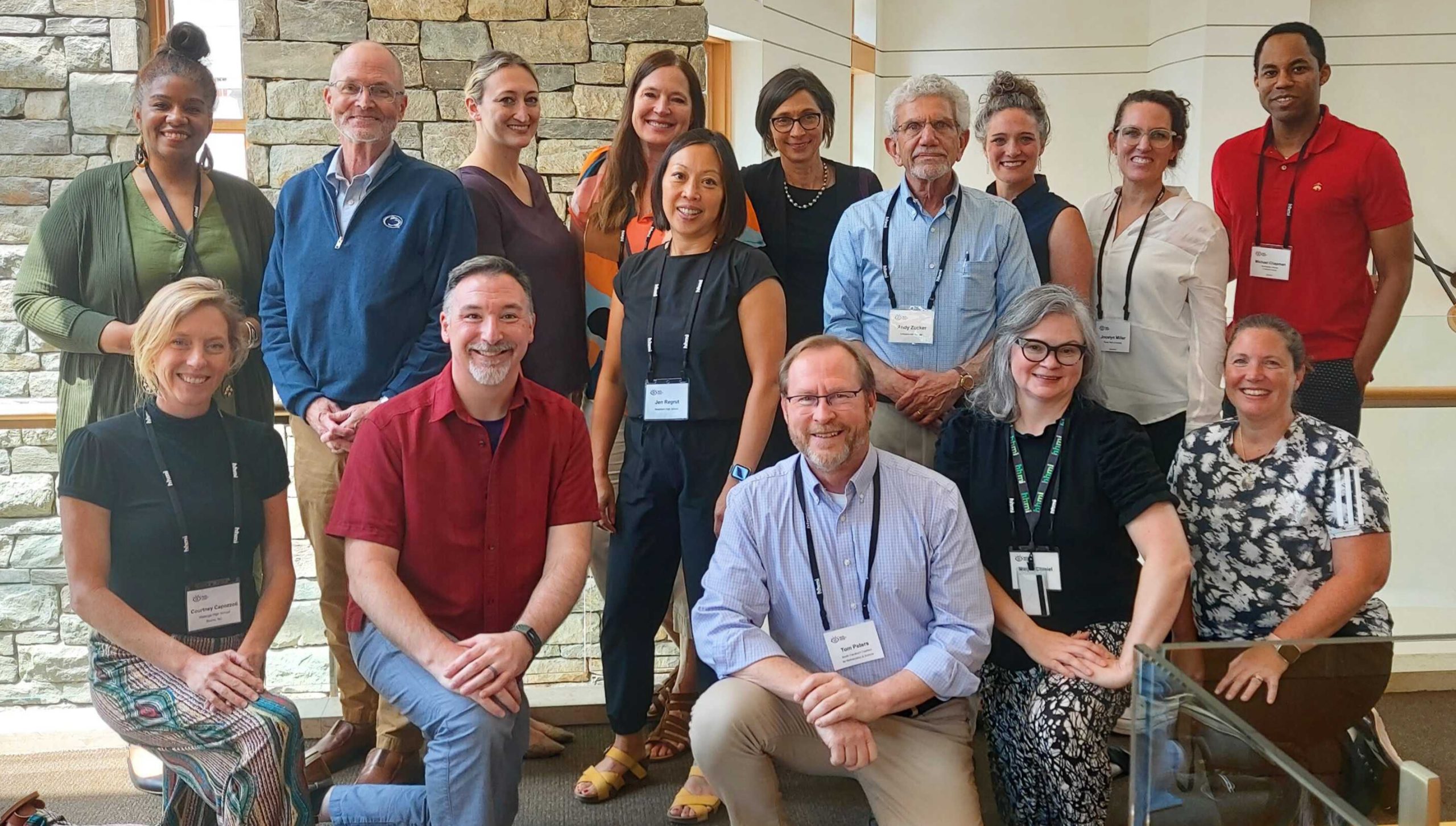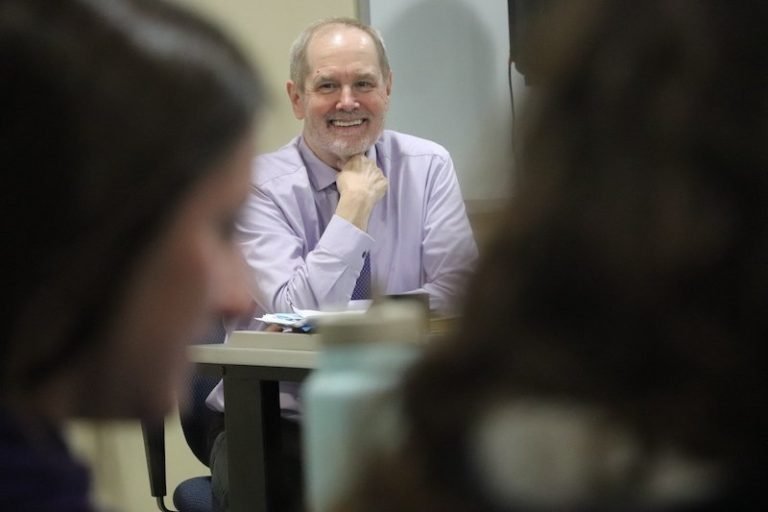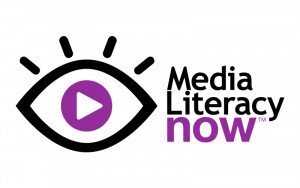Educators
Are you a teacher, librarian, or administrator who wants to see media literacy education in your school? Are you looking for resources to support media literacy instruction? Whether you’re looking to incorporate media literacy instruction in your classroom, raise awareness of media literacy education within your school or district, or access resources, you’ve come to the right place.
Calling All Educators!
Media Literacy Now is looking to convene teachers, librarians, administrators, media literacy experts, and education organizations from a wide range of perspectives to represent the diverse needs of elementary, middle, and high school students for the purpose of gathering and vetting resources, instruction material and routines, and identifying important missing pieces pertinent to media literacy education in all subjects and at all grade levels. If you’re interested in participating or want to learn more, please fill out the survey.
Media Literacy in the Classroom
Media literacy in the classroom can look a number of different ways. For some schools, districts, or states, media literacy is a standalone subject, while in others, it’s incorporated into subject areas. It’s currently being added to curricular standards or frameworks for multiple subjects, including social studies, civics, science, health, technology, and English/language arts. Often, individual teachers take initiative to incorporate media literacy into their lessons to help students think more critically about the messages they’re receiving through various forms of media.
As media literacy education standards and requirements are developed in more states around the country, it’s important to find a way to support teachers and schools with training and resources.
Advocate for media literacy in your school
Teachers, librarians, and school administrators are some of our greatest allies. Often we see individual teachers taking initiative to incorporate media literacy into their everyday classroom instruction. Educators see the value in providing students of all ages the skills to think critically about the information and media they consume, acknowledge biases and motives, understand social media algorithms, and navigate safely and confidently in our digital landscape.
There are a number of wonderful organizations that offer educators curriculum guides and professional development and training opportunities. Be sure to check out our Resource Library to connect with a number of them.
Additionally, we’re in the process of compiling a guide for educators looking to get started that includes strategies, ideas, and practical advice. Check back again soon!
Advocacy in Action

Integrating Media Literacy in Science Instruction
How can we help students evaluate scientific information? Media literacy education! That’s why we’ve launched a new science-focused media literacy project that aims to incorporate media literacy education into K-12 classrooms. In July 2023, Media Literacy Now convened a group of 21 STEM and media literacy educators to discuss the skills students need to learn to better evaluate scientific information and resist misinformation. Read more about what we learned over the two-day conference, why science educators find media literacy paramount to their science instruction, and next steps for our science-focused work. Learn more.
Advocacy in Action

Shouting matches instead of debates. Death threats on social media. An increase in hate crimes. The threat of fascism worldwide. These are just some of the challenges faced by Western democracies. Some say that the democratic experiment itself is at risk. Can media literacy educators help to turn the tide? Tom Reid, a media literacy teacher in Massachusetts, shares his experience in the classroom as well as his students’ perspectives. Read more.
Share your story! Are you taking action in your school or community? Let us know! We love to hear what advocates are doing around the country. Share your story.

